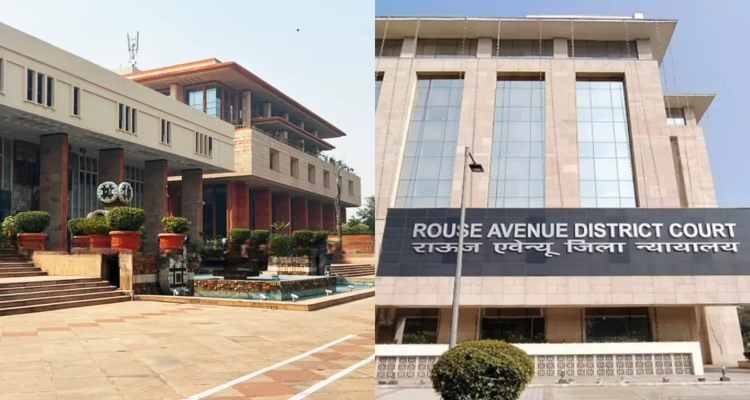
The Delhi High Court on Wednesday issued a notice in response to a petition advocating for the creation of an independent website for the Rouse Avenue Court.
The petition, filed by legal practitioner Abhinav Garg, underscores the operational inefficiencies and accessibility challenges that arise from the absence of such a digital platform, emphasizing its implications for judicial transparency and procedural efficiency.
Legal & Procedural Implications
The petition highlights a critical gap in the digital infrastructure of the judiciary, noting that, unlike other courts within the Central District, the Rouse Avenue Court lacks an autonomous online presence.
This deficiency poses significant obstacles for legal practitioners and litigants who rely on digital access to obtain essential case-related information. Recognizing the gravity of these concerns, Justice Sachin Datta has directed the District Judge (Headquarters) of Tis Hazari Courts, the Ministry of Law and Justice, and the National Informatics Centre to provide their responses on the matter.
Challenges In Digital Accessibility
The plea emphasizes that the existing Central District website does not reference or provide direct access to information specific to the Rouse Avenue Court, creating ambiguity for legal professionals and litigants seeking case updates, court notifications, circulars, and e-filing services. The absence of a dedicated digital interface disrupts effective communication and significantly hampers the efficiency of judicial proceedings.
Moreover, the lack of a separate website disproportionately affects legal professionals who may not possess advanced technological proficiency. Navigating the centralized platform to locate crucial updates often results in procedural delays and inefficiencies, thereby impacting the overall administration of justice.
Need For Judicial Digitalization
The petitioner contends that establishing an independent website for the Rouse Avenue Court is imperative for enhancing institutional transparency, improving access to judicial services, and ensuring seamless case management. A dedicated online portal would not only facilitate real-time updates but also align with broader e-governance initiatives, reinforcing efficiency in judicial administration.
As courts increasingly integrate technology into legal proceedings, the absence of a standalone digital interface for the Rouse Avenue Court represents a significant shortcoming. Addressing this issue through the creation of an independent website would set a crucial precedent for strengthening digital accessibility within the judicial system, fostering a more streamlined and responsive legal framework.
Read More: Supreme Court, Delhi High Court, States High Court, International




